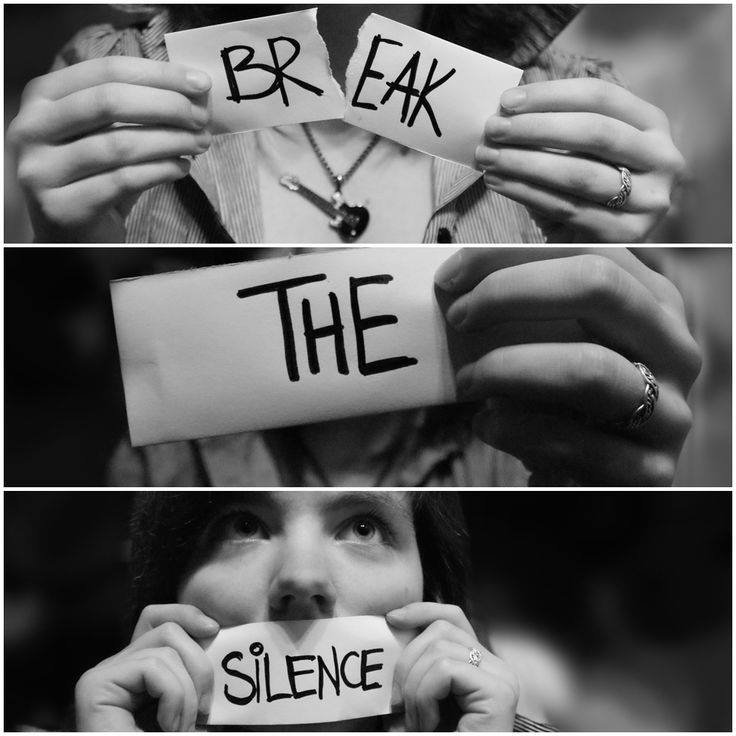Family Substance Use Disorder: Some Thoughts
As I’ve been thinking about writing this (required) post all week, I thought, honestly, of taking the easy way out. I’ve been immersed all semester (and beyond!) in learning about the impact of substance use disorder on families and children. I’ve spent the past two weeks immersed in sharing what I’ve learned in both a formal academic paper, and a multimedia presentation. Why not just post the presentation on this blog, and call it a day?
And then…TODAY, I attended the PAEYC (Pittsburgh Association for the Education of Young Children) conference, where I was presenting on pretend play and executive function (see here and here for earlier posts on this).
AND…when I looked at the conference offerings last night, I discovered that, for the FIRST TIME, at least in the few years I’ve been paying close attention, there was actually a workshop on working with families in recovery from substance use disorder! I was excited! And of course, I attended.
This (all too short) one hour workshop, “Recovering Families: How Addiction and Recovery Impact Children” was presented by Beth Bitler, Program Director of the PA Family Support Alliance, and Bob Brinker, Parent and Community Educator for Family Services of Western PA, Parent WISE Program. It highlighted for me a number of things that I had learned this semester about my challenge that I had forgotten to include in my presentation and paper! And more importantly, it affirmed something for me: there is interest and a desire to learn about SUD in the early childhood community!
Here is a list of some of the things this workshop reminded me of:
1) The organizations involved were working with substance use disorder because their primary focus was child abuse: Between 80 and 85% of families involved with child protective agencies are impacted by SUD.The research on trauma pertains to these children and families. Further, a significant majority of adults suffering from SUD report having been physically or sexually abused as children. One government report cited astounding numbers: according to many studies, between 55% and 99% of female drug users in treatment reported having been sexually and/or physically abused before the age of 18! And this was in 1998…This cycle has been found to be based in part on the changes in brain architecture that occurs with trauma.All the research I read mentioned this. When I mentioned empathy and compassion in my presentation: this is one reason why.
2) While there are certain characteristics that in general may be found in the parenting styles of families affected by SUD, each substance (e.g. alcohol, cocaine, opioids) has specific behavioral effects, and so have specific impacts on parenting behaviors and family dynamics. As with so many other topics we’ve discussed this semester, this one reminds us of the importance of not painting with that broad brush stroke.
3) While recovery is obviously the goal for ALL families, research shows that many parents leave treatment and are committed to their own recovery, partly in order to regain custody of their children. However, when their children are reunited, many parents then relapse; the stressors of working on both their own continual recovery AND the typical challenges of parenting are often too much for the fragile early stages of recovery. The presenters’ programs were focused on offering continued support for recovery WHILE offering parenting support and skill-training. This seems so important for those us in the field to know and remember: many parents who go to treatment are parenting sober for the first time when they come out. How can WE support them, and their children?
4) As I’ve mentioned, the early childhood community doesn’t seem to be talking about SUD. Imagine my surprise when this workshop had over 50 attendees!!! (My workshop reeled in a big eight!). The numbers verified the interest and the many questions that were asked represented a thirst for information about this disease and how it impacts children and families.
One of the things that has resonated with me throughout my most recent Walden course readings is that, as a profession: we want to get it right. We want to ask the tough questions and delve into the hard issues of bias, and stigma, and the challenges that face so many of the children and families we work with. We all want to do the next right thing, even if it is uncomfortable, because we are committed to making the world a better place, one child and one family at a time.
As I was talking with one of the workshop attendees, we shared how important we thought these topics were for our work. “Why aren’t we talking about addiction all the time?” she mused.”When we know how high the stakes are, what are we waiting for? Do you think it’s because people are ashamed, or scared?”
I don’t know. But I’m glad I’ve had the chance to think about this issue within the context of the family, culture and our society this semester. It has forever changed my thinking about the insidious role of bias and micro aggressions and how they can damage our own best efforts, if we aren’t brave enough to face them head on, and do something about them.


